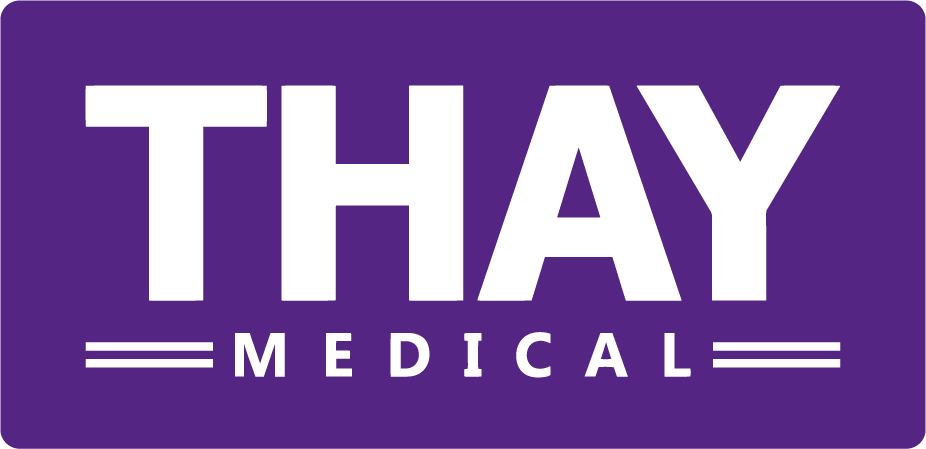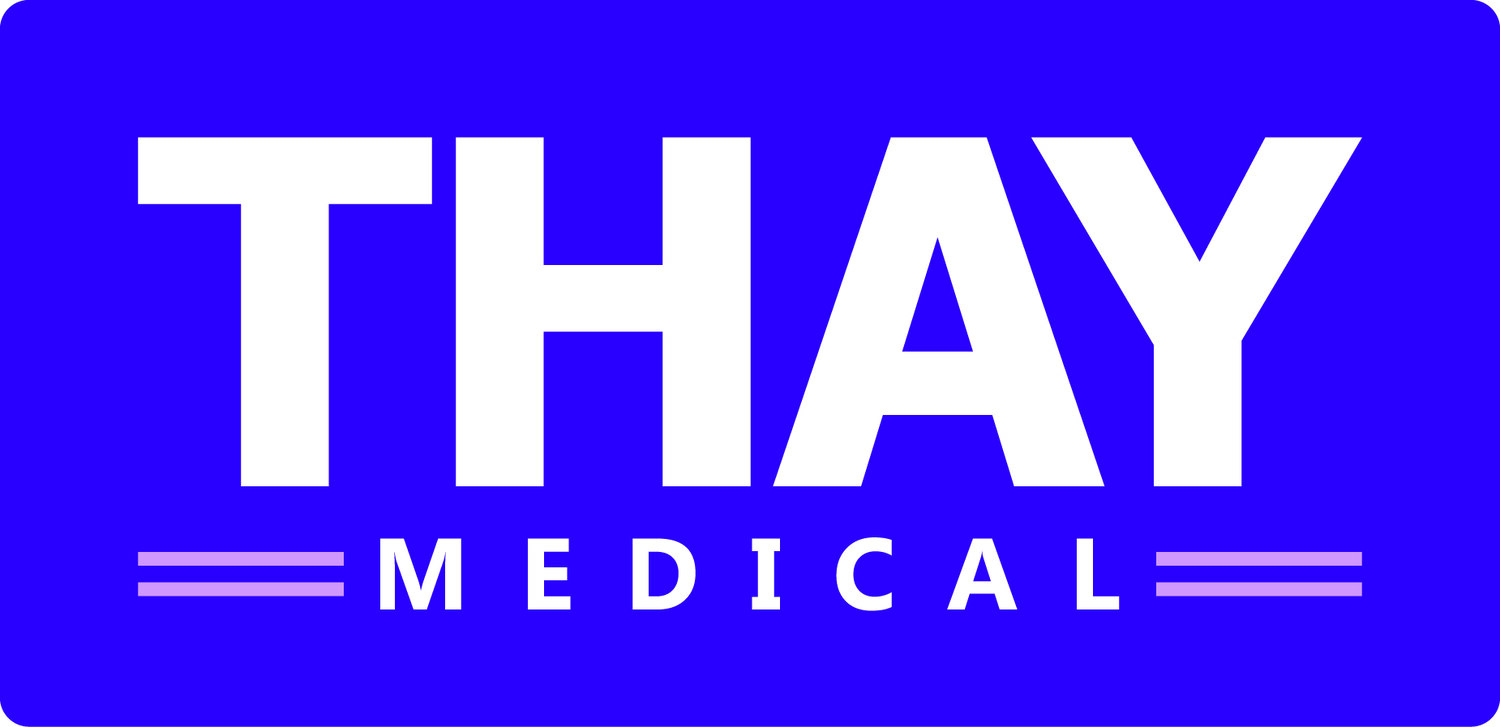Human Factors discussed at Human Factors Conference!
 A few weeks ago Greg Thay, our principle and founder, presented at the 'Human Factors and Usability for Medical Devices Workshop', run by The Human Factors Centre, UK. It was a really insightful event featuring talks by Human Factors and Usability professionals - some of the top names in the UK, from some of the top agencies, consultancies and organisations operating in this industry.The event opened with the founder from The Human Factors Centre - Paula Wood, chairing the event and ensuring the smooth running of the day. Presentations followed from Ian Culverhouse (Kinnear Dufort) on the 'realities of conducting contextual inquires on medical devices' - which was very informative and focused on Ian's actual experience in performing this type of user research, and then by a presentation on 'Beta testing of medical devices' by Chris Vincent (PDD). Chris's presentation gave useful insights and tips on how to Beta test. Miranda Newbery (Inspired Usability) then presented on 'Human Factors for legacy devices', showing her experience in using part of IEC 62366-1, Annex C, which discusses how to deal with medical devices that have been out in the field being used, that were developed at a time prior to the recent medical device regulations, and more importantly, ones that lacked usability and human factors data. Ian Culverhouse (Kinnear Dufort) again presented and showed the usefulness of medical apps and how to design 'longevity into medical apps'. This was a very modern subject to discuss and it was evident that some medical device applications need thought into their usefulness in real life before being developed - user research!Following an amazing lunch (according to Greg!) Mary Beth Privitera (HS Design) presented on 'Current AAMI HF activities and Best Practices.' It was a real pleasure to see Mary Beth, having travelled over from the USA to present, and the presentation gave some very useful hints, tips and insight into the current thinking of AAMI (The American Association of Medical Instrumentation) and what the future may bring. Following Mary Beth's presentation, Hayley Algar (CMR) discussed with us the current and best practices involved in recruiting study and test participants for user research and usability or Human Factors Testing in her talk 'Human Factors Research from a recruitment perspective.' It is well-known that Human Factors research can fall down if sample sizes are not achieved, or the wrong inclusion criteria are applied to study recruits, and this talk really drove home the importance of using a thorough recruiting agency. Finally, our principle and founder, Greg Thay presented on 'Innovation in Human Factors Engineering' - which appeared to go down well. The focus was on achieving compliance, but to challenge current practices to continuously improve them to obtain the highest quality data. An example was shown of where usability data showed a consistent device gap, in a specific task in a particular therapy. Based upon this opportunity space, the team at THAY Medical decided to design an accessory to fill this device gap and prove it with performing a Human Factors test on the solution - innovating to produce a new medical device based upon gaps in the therapy which existing devices did not fill. This was also seen as innovation, based upon Human Factors Engineering, which could for medical device organisations really assist their product developments.The day finished with an "Open Mic" experience which was valuable and some of the subjects discussed, very relevant and detailed! Paula Wood finished the day and closed the event, which continued in a post-event reception. This was a really useful event for Human Factors professionals to attend, regardless of experience or seniority (it catered for all) and it showed that The Human Factors Centre are the new champions of dedicated events like these in the UK. Well done Paula Wood, and all who attended to make it an event THAY Medical were proud to be part of!More details on the event can be found at - www.humanfactorscentre.co.uk
A few weeks ago Greg Thay, our principle and founder, presented at the 'Human Factors and Usability for Medical Devices Workshop', run by The Human Factors Centre, UK. It was a really insightful event featuring talks by Human Factors and Usability professionals - some of the top names in the UK, from some of the top agencies, consultancies and organisations operating in this industry.The event opened with the founder from The Human Factors Centre - Paula Wood, chairing the event and ensuring the smooth running of the day. Presentations followed from Ian Culverhouse (Kinnear Dufort) on the 'realities of conducting contextual inquires on medical devices' - which was very informative and focused on Ian's actual experience in performing this type of user research, and then by a presentation on 'Beta testing of medical devices' by Chris Vincent (PDD). Chris's presentation gave useful insights and tips on how to Beta test. Miranda Newbery (Inspired Usability) then presented on 'Human Factors for legacy devices', showing her experience in using part of IEC 62366-1, Annex C, which discusses how to deal with medical devices that have been out in the field being used, that were developed at a time prior to the recent medical device regulations, and more importantly, ones that lacked usability and human factors data. Ian Culverhouse (Kinnear Dufort) again presented and showed the usefulness of medical apps and how to design 'longevity into medical apps'. This was a very modern subject to discuss and it was evident that some medical device applications need thought into their usefulness in real life before being developed - user research!Following an amazing lunch (according to Greg!) Mary Beth Privitera (HS Design) presented on 'Current AAMI HF activities and Best Practices.' It was a real pleasure to see Mary Beth, having travelled over from the USA to present, and the presentation gave some very useful hints, tips and insight into the current thinking of AAMI (The American Association of Medical Instrumentation) and what the future may bring. Following Mary Beth's presentation, Hayley Algar (CMR) discussed with us the current and best practices involved in recruiting study and test participants for user research and usability or Human Factors Testing in her talk 'Human Factors Research from a recruitment perspective.' It is well-known that Human Factors research can fall down if sample sizes are not achieved, or the wrong inclusion criteria are applied to study recruits, and this talk really drove home the importance of using a thorough recruiting agency. Finally, our principle and founder, Greg Thay presented on 'Innovation in Human Factors Engineering' - which appeared to go down well. The focus was on achieving compliance, but to challenge current practices to continuously improve them to obtain the highest quality data. An example was shown of where usability data showed a consistent device gap, in a specific task in a particular therapy. Based upon this opportunity space, the team at THAY Medical decided to design an accessory to fill this device gap and prove it with performing a Human Factors test on the solution - innovating to produce a new medical device based upon gaps in the therapy which existing devices did not fill. This was also seen as innovation, based upon Human Factors Engineering, which could for medical device organisations really assist their product developments.The day finished with an "Open Mic" experience which was valuable and some of the subjects discussed, very relevant and detailed! Paula Wood finished the day and closed the event, which continued in a post-event reception. This was a really useful event for Human Factors professionals to attend, regardless of experience or seniority (it catered for all) and it showed that The Human Factors Centre are the new champions of dedicated events like these in the UK. Well done Paula Wood, and all who attended to make it an event THAY Medical were proud to be part of!More details on the event can be found at - www.humanfactorscentre.co.uk
Want to know more?
For any questions on this blog post, please do not hesitate to contact us.The Staff at THAY Medical

